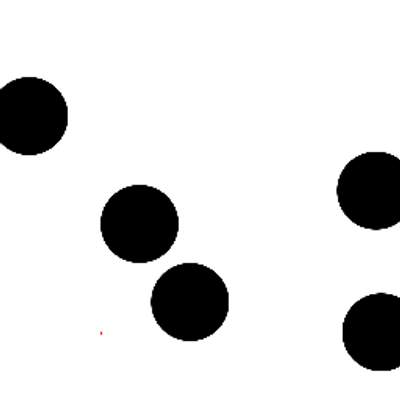In reply to the "neurotypical" question...
It's most commonly used simply as a catch all term to mean all people who are not on the spectrum without us having to say "non autistic" all the time.
Is it the most descriptive term? Maybe not. The truth is that there is an infinite variety of ways a brain can be wired, so we are all neurodiverse, on or off the spectrum. It's just that a particular subset of neural characteristics that often occur together have been labelled as "autism" which separates us from the crowd. It's easier to have a term to describe the remaining portion of the population and neurotypical fits well enough rather than using sensitive words like "normal".
Unfortunately some amongst us can be known to use "neurotypical" and "NT" in a derogatory or patronising manner, as if not being on the spectrum makes someone by default inferior or a bad person, but those that do that are thankfully in the minority these days.
For my own part, whilst I cannot claim to be entirely consistent, I try to use the term "NT people" rather than just "NTs" as often as possible to acknowledge that we are all part of the same species and the same societies living the same lives, just with different ways of interpreting and navigating through them.
It's most commonly used simply as a catch all term to mean all people who are not on the spectrum without us having to say "non autistic" all the time.
Is it the most descriptive term? Maybe not. The truth is that there is an infinite variety of ways a brain can be wired, so we are all neurodiverse, on or off the spectrum. It's just that a particular subset of neural characteristics that often occur together have been labelled as "autism" which separates us from the crowd. It's easier to have a term to describe the remaining portion of the population and neurotypical fits well enough rather than using sensitive words like "normal".
Unfortunately some amongst us can be known to use "neurotypical" and "NT" in a derogatory or patronising manner, as if not being on the spectrum makes someone by default inferior or a bad person, but those that do that are thankfully in the minority these days.
For my own part, whilst I cannot claim to be entirely consistent, I try to use the term "NT people" rather than just "NTs" as often as possible to acknowledge that we are all part of the same species and the same societies living the same lives, just with different ways of interpreting and navigating through them.


